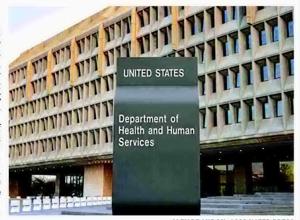A resident of Grays Harbor County, Washington, is believed to be the first person to die from a rare strain of bird flu known as H5N5. The individual, an older adult with pre-existing health conditions, was being treated for this infection after reportedly becoming the first known human case of the virus. State health officials announced the death on Friday, emphasizing that the risk to the general public remains low.
The individual had a backyard flock of domestic poultry that had been exposed to wild birds, according to the Washington State Department of Health. The health department stated, “The risk to the public remains low. No other people involved have tested positive for avian influenza.”
Officials are monitoring anyone who had close contact with the deceased individual, but they assert there is no evidence of person-to-person transmission of this virus. Earlier in March, the Centers for Disease Control and Prevention (CDC) issued a statement indicating that there was no increased risk to public health as a result of this case.
Understanding H5N5 and Its Impact
The H5N5 strain is not considered a greater threat to human health compared to the H5N1 virus, which caused approximately 70 reported human infections in the United States during 2024 and 2025. Most of those cases were mild and primarily affected workers in dairy and poultry farms.
The difference between H5N5 and H5N1 lies in a specific protein that is involved in how the virus is released from infected cells and spreads to neighboring cells. While health officials continue to monitor the situation, they stress that the likelihood of widespread transmission remains minimal.
In light of this incident, it is crucial for communities with domestic poultry to remain vigilant and practice biosecurity measures to prevent potential infections. The Washington State Department of Health continues to provide guidance on safely managing poultry and reducing exposure to wild birds, which can carry various strains of avian influenza.
As this story develops, health officials are committed to keeping the public informed about any changes in risk factors or health advisories related to this rare bird flu strain.








































































